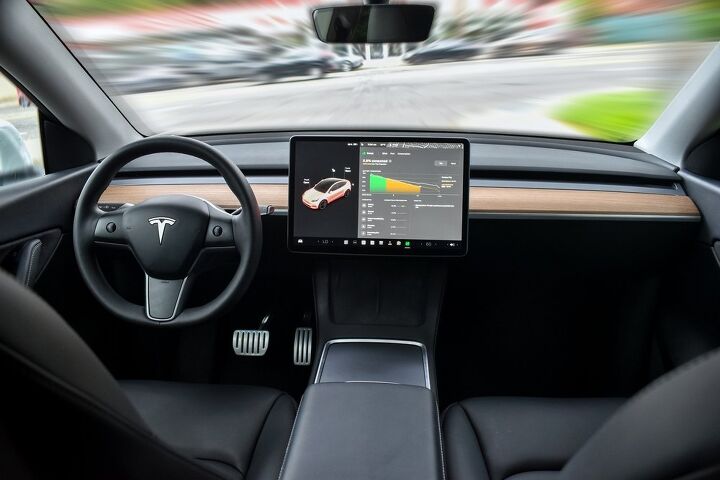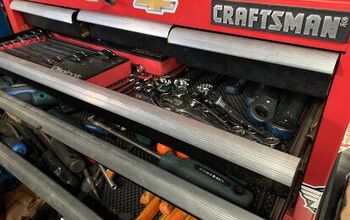How the World Views Autonomous Vehicles
In a recent global survey conducted by Maison Law, a personal injury law firm based in Fresno, California, the levels of trust and comfort with autonomous vehicles were explored across different countries. The survey aimed to understand the global perceptions and readiness for sharing roads with these technologically advanced vehicles.
Varied Trust Levels Across Countries
The study revealed a diverse range of trust levels among the populations of various countries. Notably, individuals from China, Russia, and the United Arab Emirates (UAE) exhibited the highest trust in autonomous vehicles. The survey showed that more than 80 percent of respondents from these countries are comfortable with the idea of sharing the roads with autonomous vehicles.
Conversely, the United States, Japan, and South Korea demonstrated lower levels of trust. In these countries, approximately half of the survey participants expressed discomfort with the presence of autonomous vehicles on the roads.
Country-Specific Findings
- United Arab Emirates – 88 percent
- United States – 57 percent
- Germany – 71 percent
- United Kingdom – 74 percent
- Israel – 66 percent
- China – 94 percent
- Canada – 60 percent
- Australia – 63 percent
- Japan – 52 percent
- Russia – 89 percent
- South Korea – 52 percent
Implications and Future Directions
The survey's findings suggest a broad spectrum of public trust in autonomous vehicles, influenced by geographical and possibly cultural factors. These variations indicate the need for tailored approaches in the introduction and integration of autonomous vehicles within different societies.
Understanding these perceptions is crucial for policymakers, automotive manufacturers, and technology companies as they navigate the complexities of introducing autonomous technologies to the public. Building trust through transparency, safety assurances, and public education will be key to fostering a harmonious coexistence between autonomous vehicles and human drivers.
This article was co-written using AI and was then heavily edited and optimized by our editorial team.
More by TTAC Staff
Latest Car Reviews
Read moreLatest Product Reviews
Read moreRecent Comments
- Peter Buying an EV from Toyota is like buying a Bible from Donald Trump. Don’t be surprised if some very important parts are left out.
- Sheila I have a 2016 Kia Sorento that just threw a rod out of the engine case. Filed a claim for new engine and was denied…..due to a loop hole that was included in the Class Action Engine Settlement so Hyundai and Kia would be able to deny a large percentage of cars with prematurely failed engines. It’s called the KSDS Improvement Campaign. Ever hear of such a thing? It’s not even a Recall, although they know these engines are very dangerous. As unknowing consumers load themselves and kids in them everyday. Are their any new Class Action Lawsuits that anyone knows of?
- Alan Well, it will take 30 years to fix Nissan up after the Renault Alliance reduced Nissan to a paltry mess.I think Nissan will eventually improve.
- Alan This will be overpriced for what it offers.I think the "Western" auto manufacturers rip off the consumer with the Thai and Chinese made vehicles.A Chinese made Model 3 in Australia is over $70k AUD(for 1995 $45k USD) which is far more expensive than a similar Chinesium EV of equal or better quality and loaded with goodies.Chinese pickups are $20k to $30k cheaper than Thai built pickups from Ford and the Japanese brands. Who's ripping who off?
- Alan Years ago Jack Baruth held a "competition" for a piece from the B&B on the oddest pickup story (or something like that). I think 5 people were awarded the prizes.I never received mine, something about being in Australia. If TTAC is global how do you offer prizes to those overseas or are we omitted on the sly from competing?In the end I lost significant respect for Baruth.


































Comments
Join the conversation